Storm Front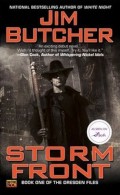 | Fool Moon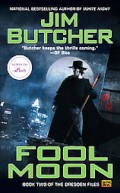 | Grave Peril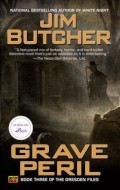 | Summer Knight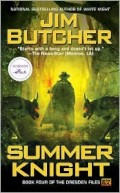 |
Death Masks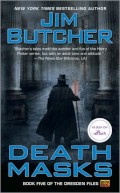 | Blood Rites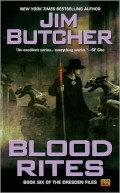 | Dead Beat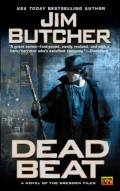 | Proven Guilty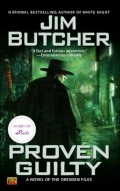 |
White Night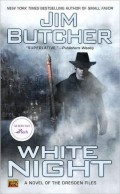 | Small Favor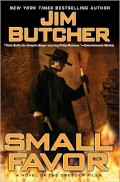 | Turn Coat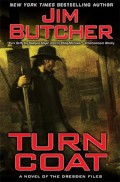 | Changes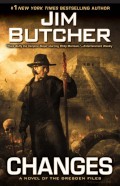 |
Monday, January 31, 2011
Pleasure Reading The Dresden Files
Tuesday, January 18, 2011
Foot - The Battle for Facebook
Monday, January 17, 2011
Foot - An Oral History of the Internet
I can't count the number of times I have been told by professors that Wikipedia is NOT a reliable source. I adhere to my professor's warnings when it comes to academic papers, but I often find useful and accurate information on Wikipedia when I am looking at things for personal inquiries. And so, I found this section about the founding of Wikipedia to be very interesting. The article explains that Wikipedia is run by volunteers and so the problems of "...maintaining accuracy...and of combating bias and even outright malice" is very prevalent; which would explain my professor's extreme hatred of Wikipedia.
Jimmy Wales, a 2001 former options trader for Wikipedia, puts it this way, "How do you innovate a social community—social rules and norms that allow for good-quality work to take place? What you have to balance there are, on the one hand, if a Web site is essentially a brutal police state where every action could easily result in random blocking or banning from the site and nobody can trust anything—that doesn’t work. Complete and total anarchy, where anyone can do anything, also doesn’t work. It’s actually the same problem we face off-line. It’s the problem of living together. It’s the problem of a good city government." It's an interesting way to look at Wikipedia, one I've never even thought of. Will Wikipedia ever become a relabel source? Should I warn my students against it as my professor's do; or should I tell them to use it as a tool but use it with discretion?
I found a story by a coffee house owner and computer-graphics co-owner, Sky Dalton, to be humorous but also revealing of how far we've come in technology in the past 20 years: "I heard about this thing called the Internet. I thought, That sounds kind of interesting. The first thing I did is I actually picked up the phone and dialed 411, and I said, I’d like the number for the Internet, please. And the operator is like, What? I said, Just search any company with the word Internet in the name. Blank. Nothing. I thought, Wow, this is interesting. What is this thing anyway?" This quote is from 1994; less then 20 years ago people didn't know what the internet was!
At the beginning of the article it was revealed to me that the internet was originally created for military use and at the end of the article it is again mentioned how the military is currently using the vast resources of the internet to combat vitrual-terroists.
It is truly amazing and exciting how advanced the internet and the technology surrounding it has become. It is also exciting to be a teacher during this time; we have so many resources available to us which will enhance the learning process for our students.